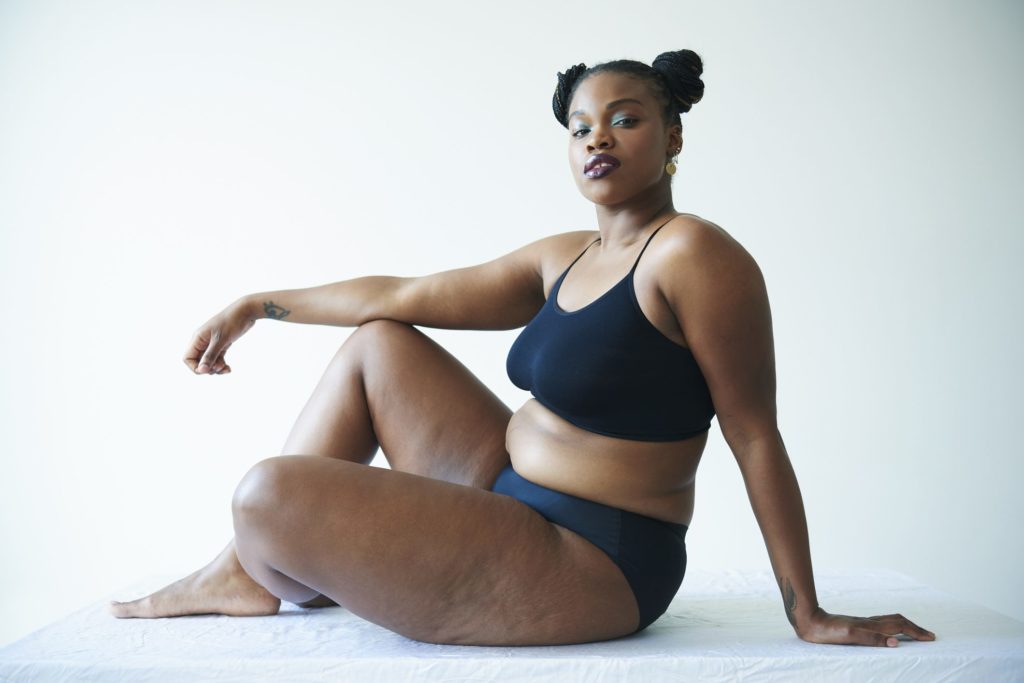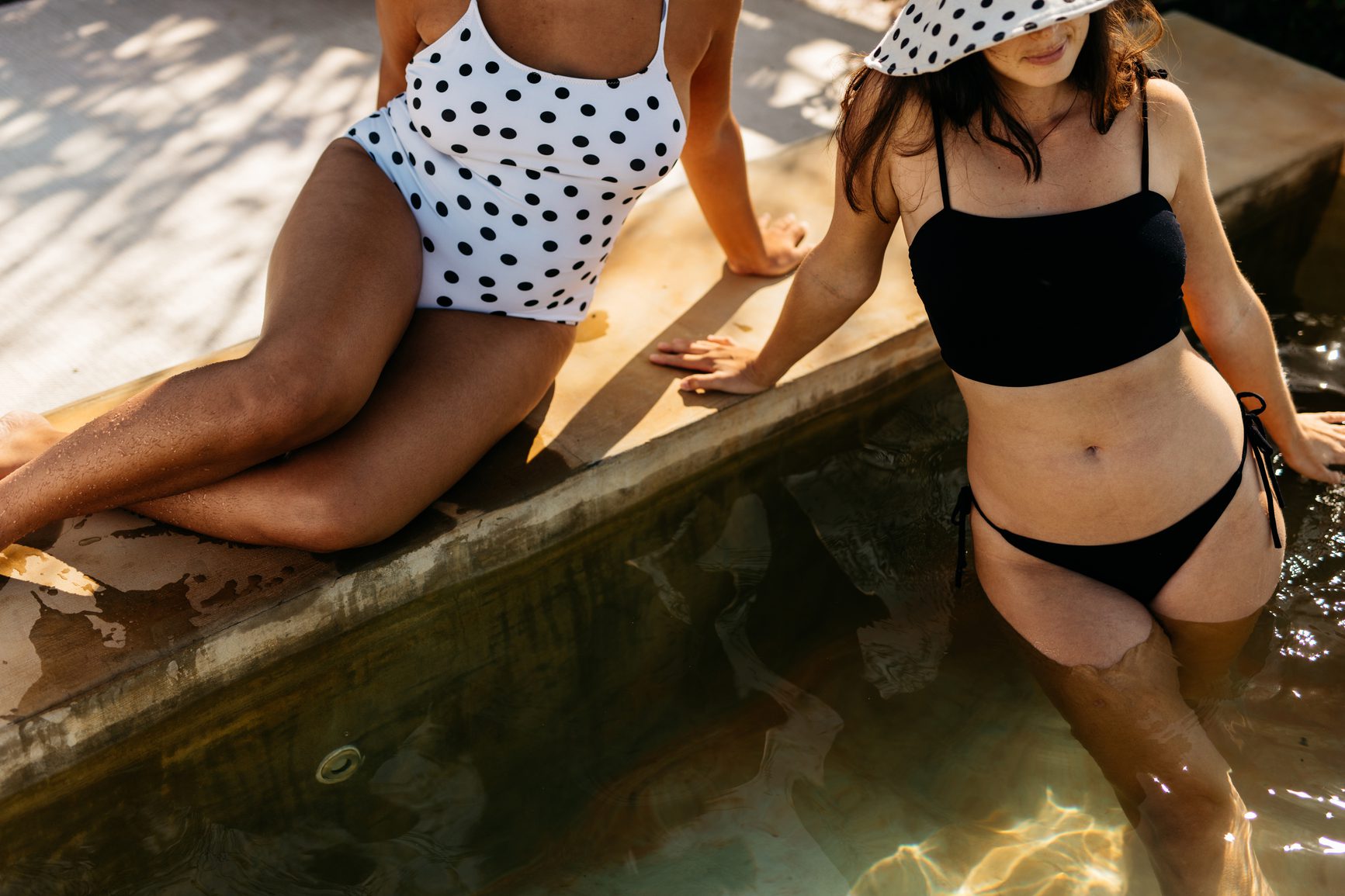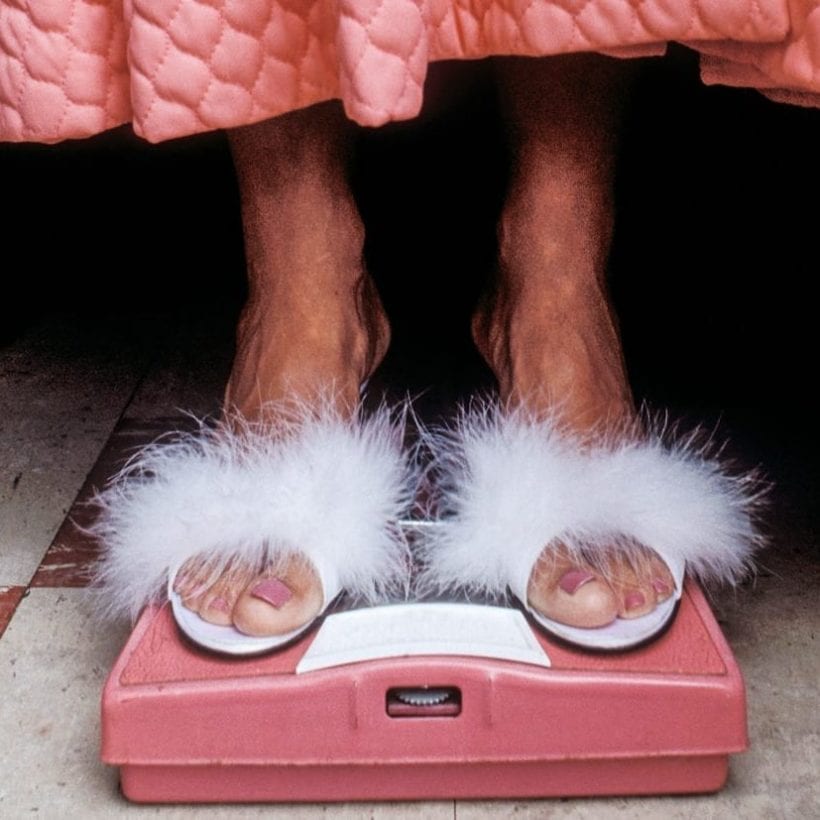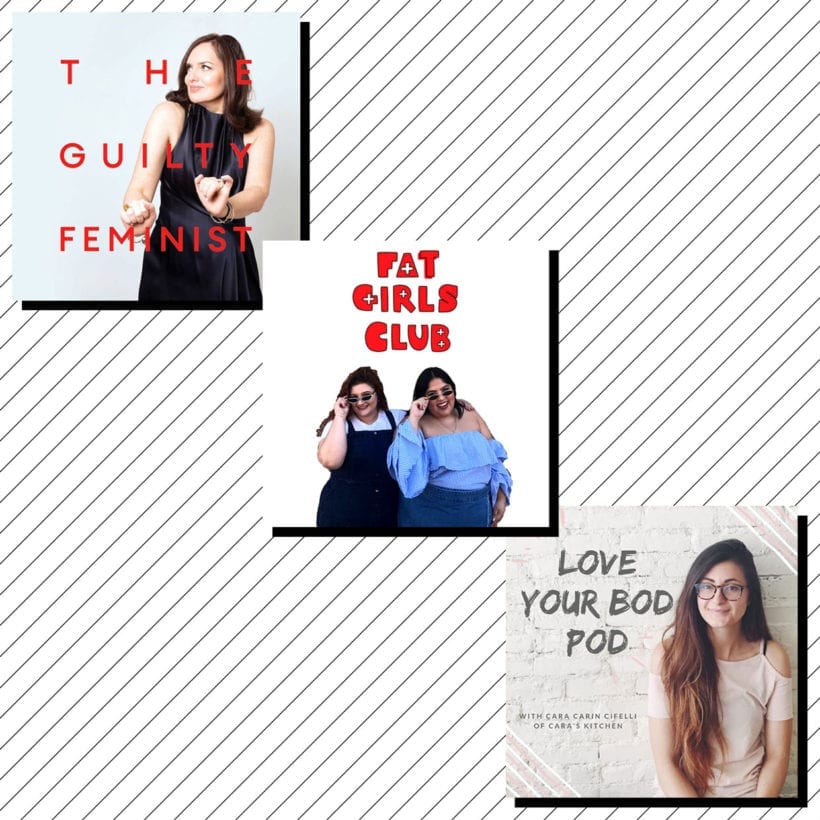Steamy temperatures, a tempting pool… and yet, your bathing suit is still tucked far away in your dresser. Many women (and men) struggle to find the confidence to sport a bikini, one-piece or swim trunks in public. They fear being overweight, not perfectly toned, or in some cases, too thin or having too few curves. These insecurities not only threaten our sense of self, but they prevent us from living our fullest lives and enjoying the hottest season of the year.
Though it may be challenging to remind yourself: all bodies are ‘bikini’ bodies, even if they don’t match the celebrities, models or influencers you see splashed across screens. All sizes, shapes, skin tones, and complexions should be welcome at beaches, pools and lakes, without judgment. And most importantly: without criticism from your harshest critic of all — yourself.
Here, we talked with a mental health expert on how we can all release the pressure to have a ‘bikini body’ and focus on self-love instead:
What’s the history of the ‘bikini body’ concept?
A ‘bikini body’ is a concept indicating a desirable body type to wear a bikini that will have a flat stomach, cinched waist, round and perky butt, medium breasts, and toned legs. “It has become the motive to target women for workout plans, diet plans, health coaching, dietary supplements, and weight loss trends,” defines Janette Marsac, a licensed social worker and psychotherapist.

But where did it come from? According to Marsac, the term ‘bikini body’ gained traction in the 1960s when several companies — from gyms to supplement selling companies — used the term to promote weight loss. As an example, the Pretty Body Salon ran an ad in New York Magazine to promote their ‘flesh-firming machine.’ It said: ‘If you prefer a firmer, slimmer, sexier body…a bikini body.’ Another example was from Slenderella International, which ran ads in The Washington Post and The New York Times, saying ‘High firm bust — hand span waist — trim, firm hips — slender, graceful legs — a Bikini body!’
“The term stuck, alliteration makes it roll off the tongue easily, and the concept of preying on women’s insecurities kept companies desperate to utilize it more,” Marsac adds.
How to have confidence that your body is a bikini body.
Rather than allowing a marketing ploy to make you believe your body is anything less than beautiful, hyperfocus on everything your body has given you. From your toes to your ears and all of the parts in between, being alive is worth celebrating. And if you want to wear a bikini? You should. Here’s how to boost your confidence and release the pressure of perfection:
Listen and evaluate that voice in your head, making comparisons.
Marsac says comparison can be a healthy tool when used to support behavior change, but it is not healthy when it is self-defeating. As an example, a positive way to use comparison is to see your best friend as a role model, since she wears whatever she wants with happiness and doesn’t care what others may say. An adverse comparison act is refusing to wear a bikini next to your friend because she ‘earned it’ and you didn’t.

To figure out what comparison your behavioral you’re participating in, Marsac suggests to ask yourself, ‘Am I looking at others wishing I had what they had?’ or am I looking at others saying, ‘They have the confidence to do this, so can I.’ “When we see other women wearing a bikini and proudly affirming their body in whatever shape and size, we can share their confidence and gain a sense of camaraderie,” she says.
Eat to support your body and your mood.
One of the biggest dangers of the ‘bikini body’ brainwashing is that it motivates people to practice unhealthy habits in a quest to lose weight. This can mean eating very little and exercising too much or even taking diet pills. This is not only a bad idea in the short term, but it can have a lasting impact.
“Depriving your body of food for fear of looking ‘fat’ can be a disaster. Not only is it physically dangerous, especially when being in the heat and sun, but it has negative effects on mental health,” Marsac says. “Food deprivation is linked to an irritable mood, irrational thoughts, and impulsivity, none of which are desired on a day of fun in the sun.”

Instead, eat a balanced meal that leaves you feeling energized, fulfilled and healthy. If you are concerned about your weight or you would like to lose weight, speak with your physician and/or a nutritionist to help you identify changes you can make in your diet. But remember: it should be based on feeling better, not meeting an unrealistic standard of beauty.
Edit your social media feed.
One of the reasons you may struggle with the concept of a ‘bikini’ body is because you are inundated with images via social media channels like Instagram or TikTok. As Marsac says, seeing endless streams of ‘the perfect bikini body’ on our news feeds and ads can subconsciously defeat our confidence. “This repetitive behavior habituates what a bikini body ‘should’ look like,” she continues. “We don’t often acknowledge that it’s the job of a bikini model or fitness model to look fit. They also do so with the training and guidance of many professionals: trainers, nutritionists, posing specialists, and of course the infamous PhotoShop.”
To combat this, edit your feed to only include those accounts and people who bring you joy and make you feel better about yourself. Then, when it isn’t constantly in your face, you will feel more confident. Better yet: follow body-positive influencers and celebrities who celebrate the fact that bodies come in all shapes and sizes. And all of them are bikini-ready.







